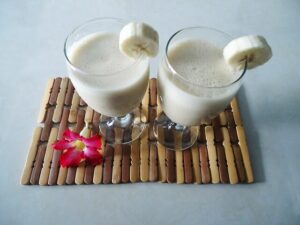Periodontal plastic surgery is designed to restore form and function in your teeth. The surgery involves removing the tissue that has been affected by the disease and reconstructing the gums and surrounding tissues so that your teeth are better supported and can have a much healthier appearance. The major goal of the surgery is to increase the life expectancy of your teeth.

Periodontal disease can be diagnosed by x-rays to check for bone changes and by checking for any abnormal gingival, or gum tissue, attachment. Based on the examination, our dentist will be able to determine the degree of the periodontal disease. Once a diagnosis has been made, our dentist will talk to you about the various treatment options.
These treatments include:
Behavioral Change
A conservative approach, this can include an enhanced oral hygiene program, quitting smoking, and other lifestyle changes.
Deep Cleaning
This is regular and thorough professional removal of tartar and calcified plaque that will be an essential part of your oral hygiene routine. In most cases, little or no discomfort occurs with deep cleaning.
Surgical Therapy
Periodontal plastic surgery is designed to eliminate pockets between the gum and tooth to encourage attachment, normal function, and an attractive smile. Your mouth can be restored to its pre-disease form through advances in soft-tissue and hard-tissue replacement and regeneration.
Periodontal plastic surgery is not a cure for periodontal disease. Prevention is always preferable to any treatment option. Scheduling routine dental office visits, maintaining regular oral hygiene, and quitting smoking are proven preventative techniques.
For more information on periodontal plastic surgery, or to schedule a consultation, contact our office today.








